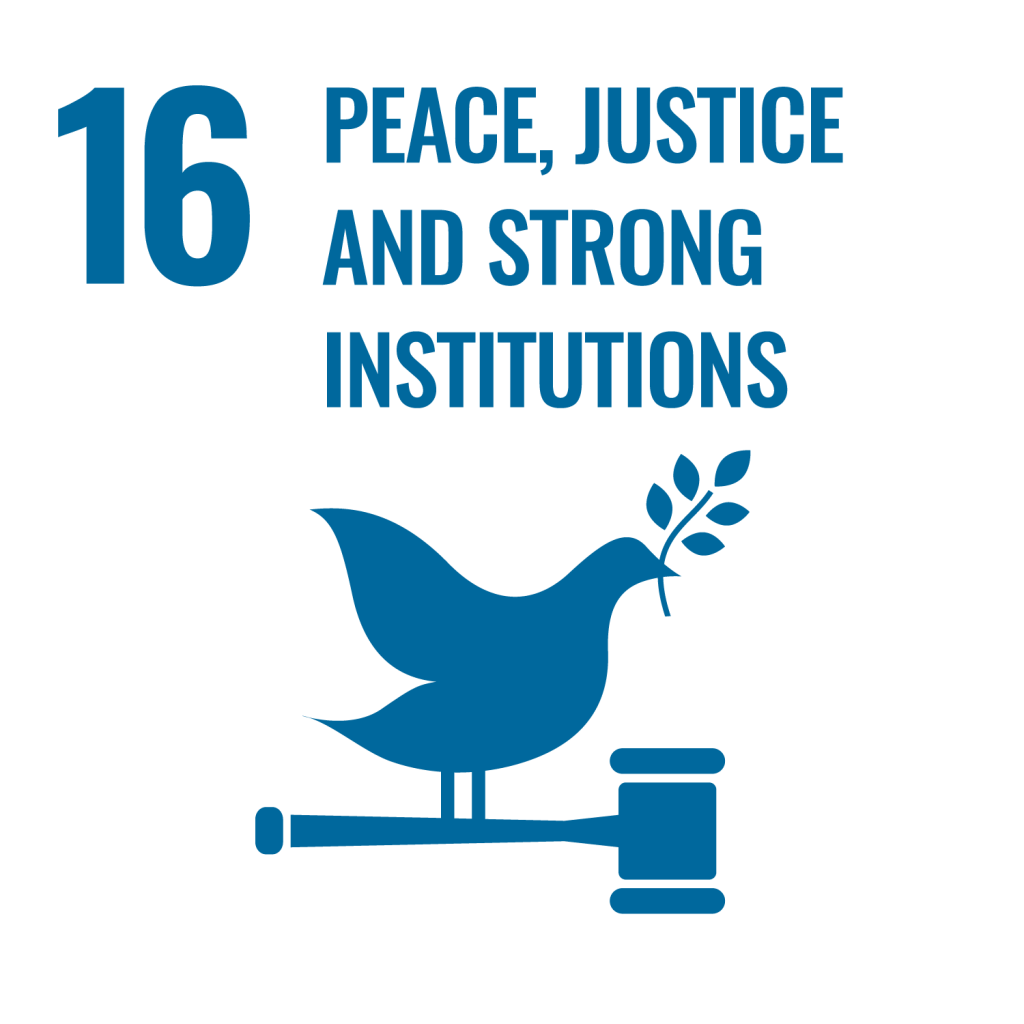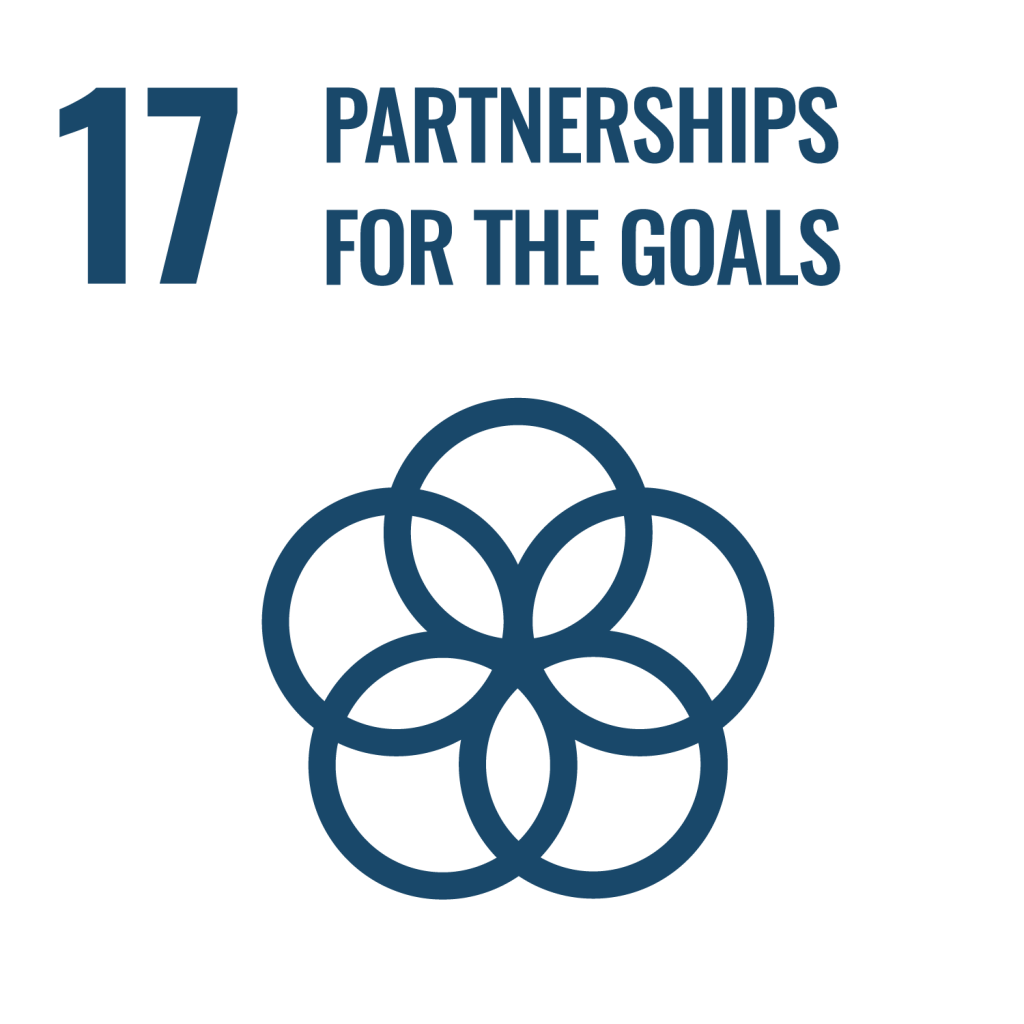The right to vote is one of the most fundamental expressions of citizenship in any democracy. Yet in many countries, including Nigeria, this right is currently denied to people serving prison sentences.
Globally, the debate on prisoner voting remains divisive. According to Penal Reform International’s The Right of Prisoners to Vote (2016), over 45% of countries allow all prisoners to vote, with 29% disqualifying all prisoners, while others impose partial restrictions.
In what would be a major departure from the trend in Nigeria, the Independent National Electoral Commission recently announced that it intends to allow people behind bars to vote in the 2027 elections. Even before now, Nigerian law did not expressly prevent people behind bars from voting.
Section 12(1) of the Electoral Act 2022 provides that a person is qualified to vote if they are ordinarily resident, working in, or originating from an area covered by the registration centre. However, in practice, the government has not established the structures that would enable prisoners to register or vote.
Arguments Against Prisoner Voting — and Why They Fall Short
Opponents of voting behind bars often rely on several common arguments. While these points may seemingly have their merits, a closer look, with reliance on Constitutional principles and international human rights norms for guidance, will reveal key faults in these arguments.
Arguably, the most prevalent point raised against voting rights for incarcerated persons is the idea that, having broken the social contract, they then ought not to enjoy the benefits that ought to flow from it ordinarily.
To those who make this argument, voting is seen as a responsibility reserved for “law-abiding citizens.” However, this argument overlooks the fact that imprisonment already serves as a penalty for the commission of a crime. Additional exclusion from democratic life would be disproportionate.
To take inspiration from constitutional principles developed by some regional contemporaries, the South African Constitutional Court noted in Minister of Home Affairs v. NICRO (2004), denying prisoners the vote undermines the principle of universal suffrage.
There is some opposition to the idea that imprisonment without further deprivation of civil and political rights, like the right to vote, is sufficient punishment. Certain critics would argue that the removal of voting rights acts as a further deterrent against crime and reinforces the seriousness of the offence.
However, there is no evidence that disenfranchisement deters crime. Instead, we would suggest that it only serves to further alienate prisoners from the wider society. Penal Reform International stresses that maintaining civic engagement, including voting, fosters responsibility and reduces reoffending.
From our experience in the Nigerian context, we strongly agree. We have seen that incarcerated persons who feel dissociated from society tend not to participate actively in rehabilitation initiatives like educational or vocational programs within the correctional centres.
Another common argument made against allowing incarcerated persons to vote is the idea that it would require complex logistical arrangements and might pose security risks, especially in overcrowded and under-resourced Nigerian prisons.
This argument is cogent; however, practical difficulties should not justify denying rights. INEC already organises elections in similarly challenging contexts, such as in camps for internally displaced persons (IDPs). Pilot schemes could be introduced in low-security prisons or through supervised postal/absentee voting. Over time, this would build capacity without compromising security.
Why It Matters for Nigeria
Nigeria currently holds over 70,000 inmates in its correctional centres, with more than 66% awaiting trial. Many of these individuals have not been convicted of any offence, yet remain effectively disenfranchised.
Even for convicted prisoners, denying the right to vote conflicts with Nigeria’s constitutional promise of dignity and equality. Recognising the right to vote even behind bars would:
- Affirm Nigeria’s commitment to human rights and democratic values.
- Enhance reintegration by treating prisoners as citizens with responsibilities, not outcasts.
- Align Nigeria with international obligations under the International Covenant on Civil and Political Rights (ICCPR), which requires universal suffrage without unreasonable restrictions.
Excluding prisoners from the ballot box sends the wrong signal about who belongs in the democratic community. It is also a clear violation of the Nigerian constitution as well as international human rights instruments to which Nigeria is a party. With INEC making moves to remedy this harm, it is imperative that discourse around the subject is centred around progressive fulfilment of the right to vote in spite of the challenges that may be present.






